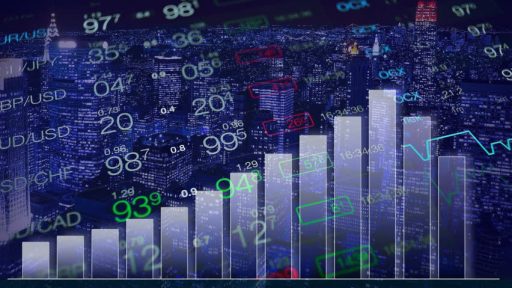- Home
- >
- Trading University
- >
- The smartest way to invest your first $1000

The smartest way to invest your first $1000

Investing is one of the most effective ways to build wealth. Some experts even say that the only way to “truly grow” your money is to put it to work.
If you have an extra $500 to $1,000 and are ready to dip your toe into the markets, “you should put your money in just one thing: the S&P 500,” certified financial planner Peter Mallouk tells.
The S&P 500 index fund holds 500 of the largest companies in the U.S., from Google to Disney to ExxonMobil. It allows you to take advantage of the success of major corporations without the risks associated with buying individual stocks.
“It’s the lowest cost investment that exists,” says Mallouk, who is the president of wealth management firm Creative Planning. And with those 500 stocks, you now own about 80% of the market capitalization of the entire United States.” In other words, an S&P 500 fund covers about 80% of the U.S. stock market, so it’s an easy and affordable way for investors to capture core U.S. stock market performance.
Plus, “you have global exposure,” Mallouk says, “because these companies get a lot of their earnings overseas: McDonald’s has shops in China, and Walmart has locations in Europe. So you wind up with a low cost, diversified portfolio that’s invested in the global economy.”
Chairman and CEO of Berkshire Hathaway Warren Buffett agrees with Mallouk’s recommendation.
“It has been a tough time to beat the S&P,” he told earlier this year, adding: “I think it’s the best investment — because most people don’t know how to pick stocks. And, most of the time I don’t know how to pick stocks.”
Mark Cuban also champions index funds: In a 2017 interview with Hayman Capital Management founder Kyle Bass, the business titan said that if you don’t know much about markets, the best way to invest your money is to put it in a cheap S&P 500 fund.
At the end of the day, an extra $1,000, if managed correctly, can go a long way, Mallouk says: “If you put $1,000 in the S&P a little over 10 years ago, today, you’d have more than $3,000. Even if we go back before the 2008 crisis — if we go back 11 years — still, you’d have more than tripled your money.”
Source: CNBC
 Trader Georgi Bozhidarov
Trader Georgi Bozhidarov Read more:
If you think, we can improve that section,
please comment. Your oppinion is imortant for us.











